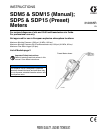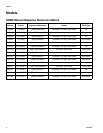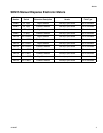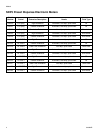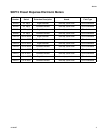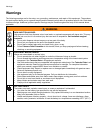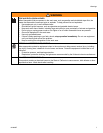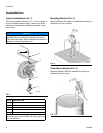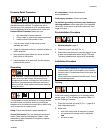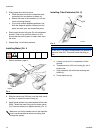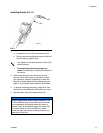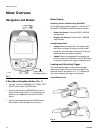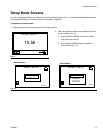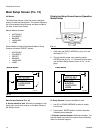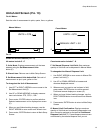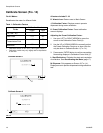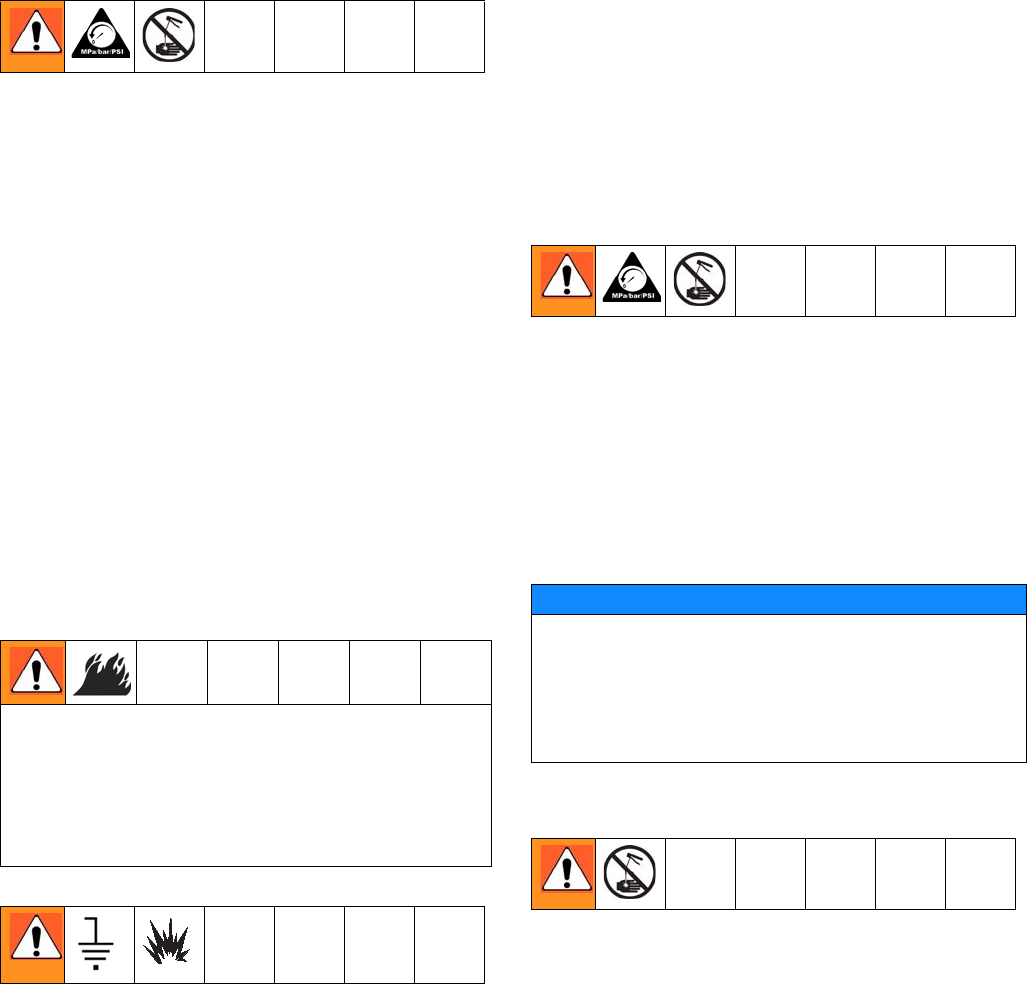
Installation
312865R 9
Pressure Relief Procedure
This equipment will stay pressurized until the pressure
has been manually relieved. To reduce the risk of
serious injury from pressurized fluid, accidental spray
from the dispense valve or splashing fluid, follow this
Pressure Relief Procedure when ever you:
• Are instructed to relieve pressure.
• Check, clean or service any system equipment.
• Install or clean fluid nozzles or filter.
1. Turn off power supply to the pump or close
upstream ball valve.
2. Trigger the dispense valve into a waste container to
relieve pressure.
3. Open any bleed-type master air valves and fluid
drain valves in the system.
4. Leave the drain valve open until you are ready to
pressurize the system.
Grounding
The equipment must be grounded. Grounding reduces
the risk of static and electric shock by providing an
escape wire for the electrical current due to static build
up or in the event of a short circuit.
Pump: Follow manufacturer’s recommendations.
Air and fluid hoses: Only use electrically conductive
hoses. Check electrical resistance of hoses. If total
resistance to ground exceeds 29 megohms, replace
hose immediately.
Air compressor: Follow manufacturer’s
recommendations.
Fluid supply container: Follow local code.
To maintain grounding continuity when flushing or
relieving pressure: hold a metal part of the dispense
valve firmly to the side of a grounded metal pail, then
trigger the valve.
Pre-Installation Procedure
1. Relieve pressure, page 9.
2. Close the shut-off valve (B, F
IG. 1).
3. Ground the hose and reel or console, page 9. Leave
at least two threads bare when using PTFE tape.
The bare threads ensure a ground is maintained.
Installation Procedure
Flushing
If this is an existing installation, go to Installing Meter
section, page 10. The following procedure, Steps 1-5
are the Flushing Procedure.
1. Close the fluid shut-off valve (B, F
IG. 1, page 8) at
each dispense position.
2. Make sure:
• main fluid outlet valve at the pump is closed,
• air pressure to the pump motor is adjusted,
and
• air valve is open.
FIRE HAZARD: Conductive metal surfaces on the
meter must not make contact with any positively
charged metal surface, including (but not limited to),
the starter solenoid terminal, alternator terminal or
battery terminal. Such contact could cause electrical
arcing and a fire.
NOTICE
• If this is a new installation or if the fluid lines are
contaminated, flush the lines before you install the
metered valve. Contaminated lines could cause the
valve to leak.
• Never dispense compressed air with meter. Doing
so will damage meter.



